OfS publishes new guidance on degree awarding powers
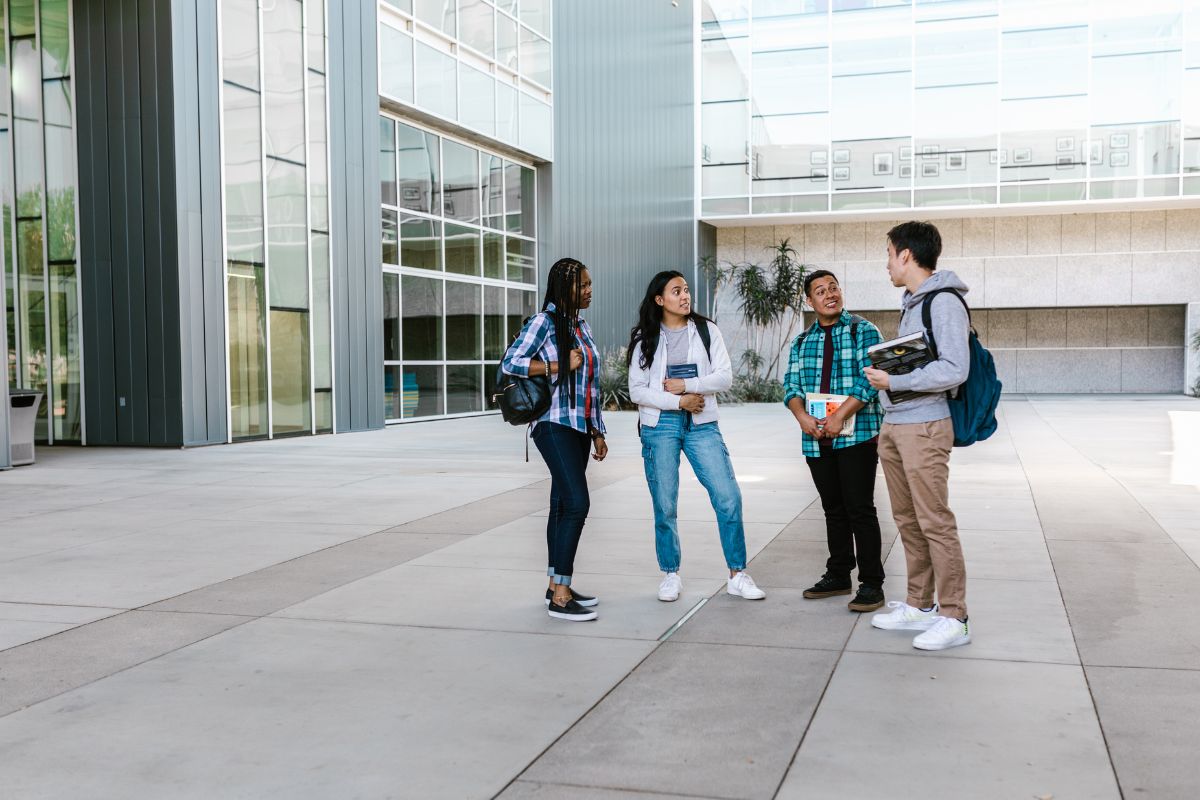
New operational guidance for universities and colleges to apply for degree awarding powers (DAPs) has been published by the Office for Students (OfS) today.
Today’s guidance sets out the process for universities and colleges to apply for new powers, or to vary existing degree awarding powers. The OfS may authorise higher education providers to grant different types of degrees, which include:
- foundation degrees only (up to and including Level 5 qualifications)
- awards up to, and including, bachelors’ degrees (up to and including Level 6)
- all taught awards (up to and including Level 7)
- research awards (research masters’ degrees at Level 7 and doctoral degrees at Level 8).
The guidance sets out how the OfS will undertake assessments for DAPs, including how it will draw on the judgements of academic experts in relevant fields of study, and on advice from its independent Quality Assessment Committee.
The OfS has recently granted New DAPs for New Model Institute for Technology and Engineering (NMITE) and SP Jain London School of Management.
Jean Arnold, Director of Quality at the OfS, said:
‘Today’s new guidance underlines the OfS’s work to facilitate diversity and innovation within English higher education. Granting degree awarding powers to new and existing providers results in greater choice of high quality courses for students and introduces new approaches to learning and teaching to the sector.
‘NMITE and SP Jain have joined the growing list of higher education providers that have been granted degree awarding powers by the OfS. NMITE’s engineering courses provide hands-on experience with employers, with students assessed on their portfolio of work rather than exams. SP Jain offers students the chance to specialise in marketing, finance or entrepreneurship across its global business schools. These higher education providers and others on the OfS Register are providing students with greater choice to develop their skills to meet the needs of the future economy.’


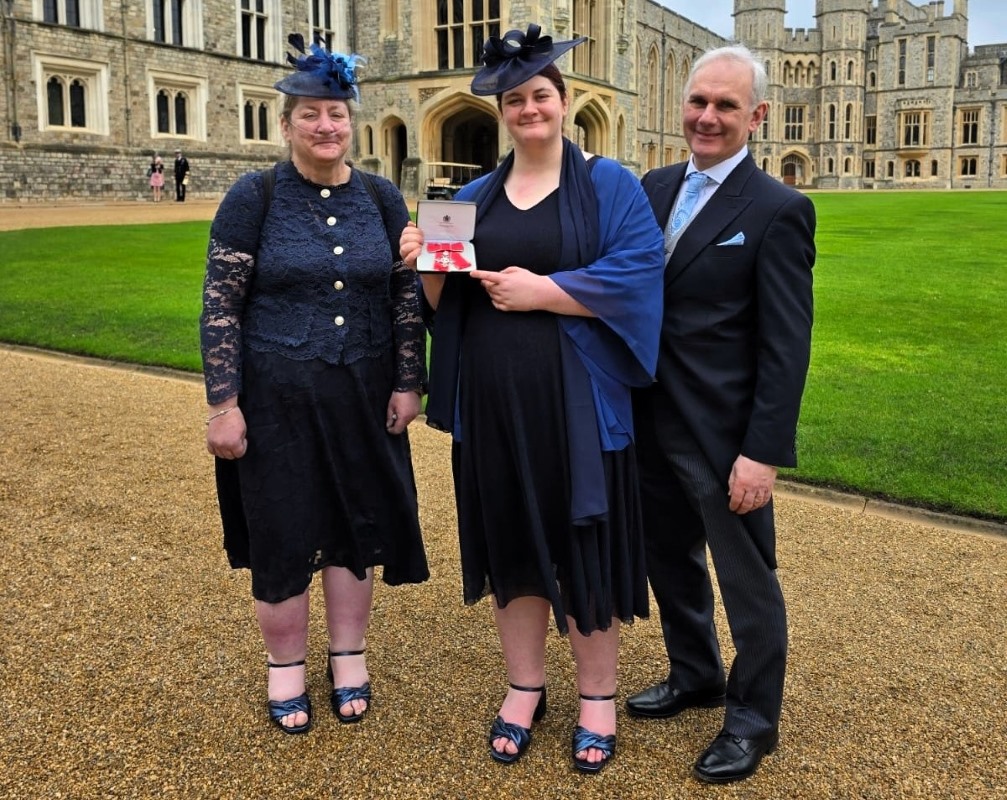

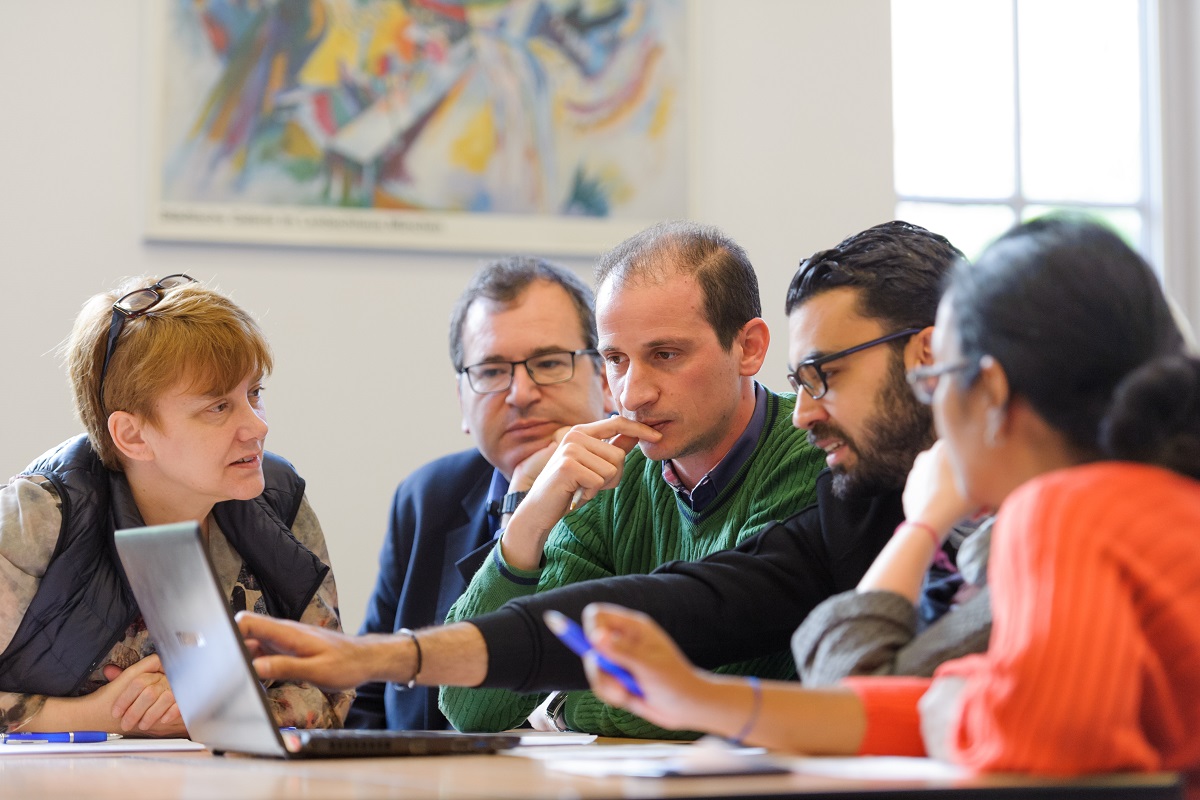



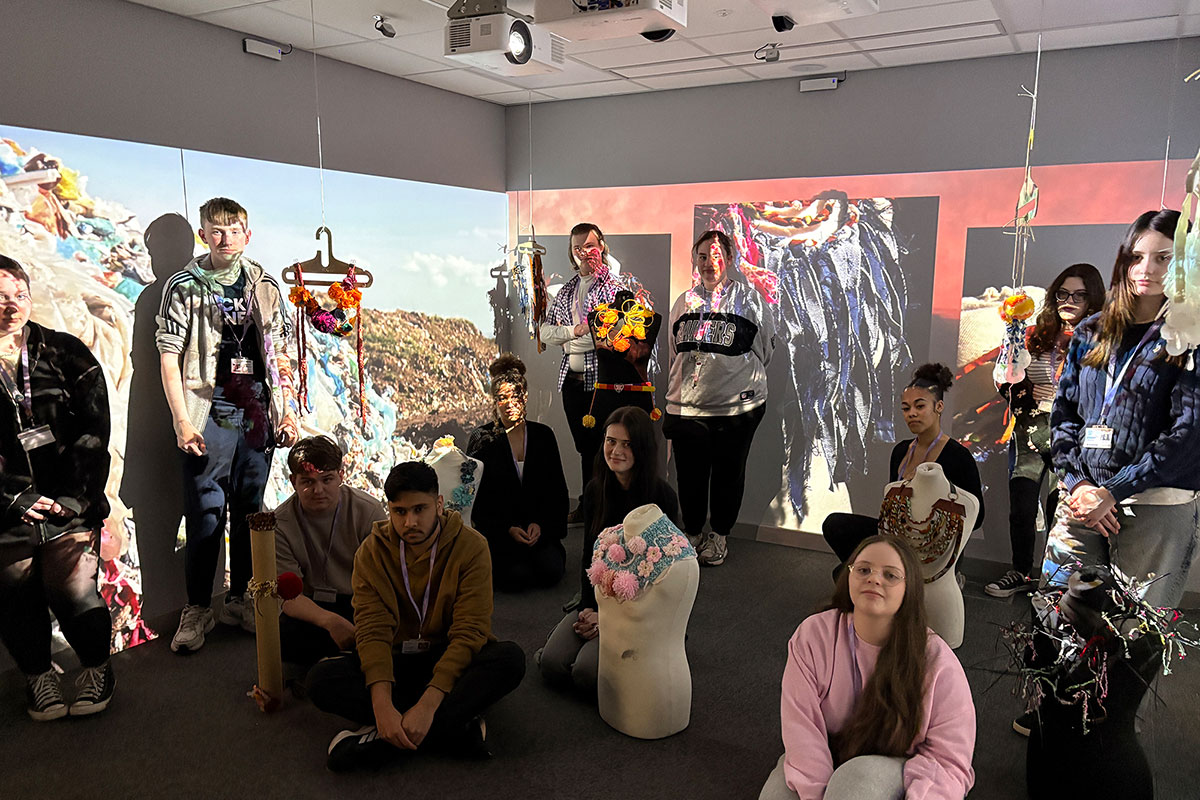
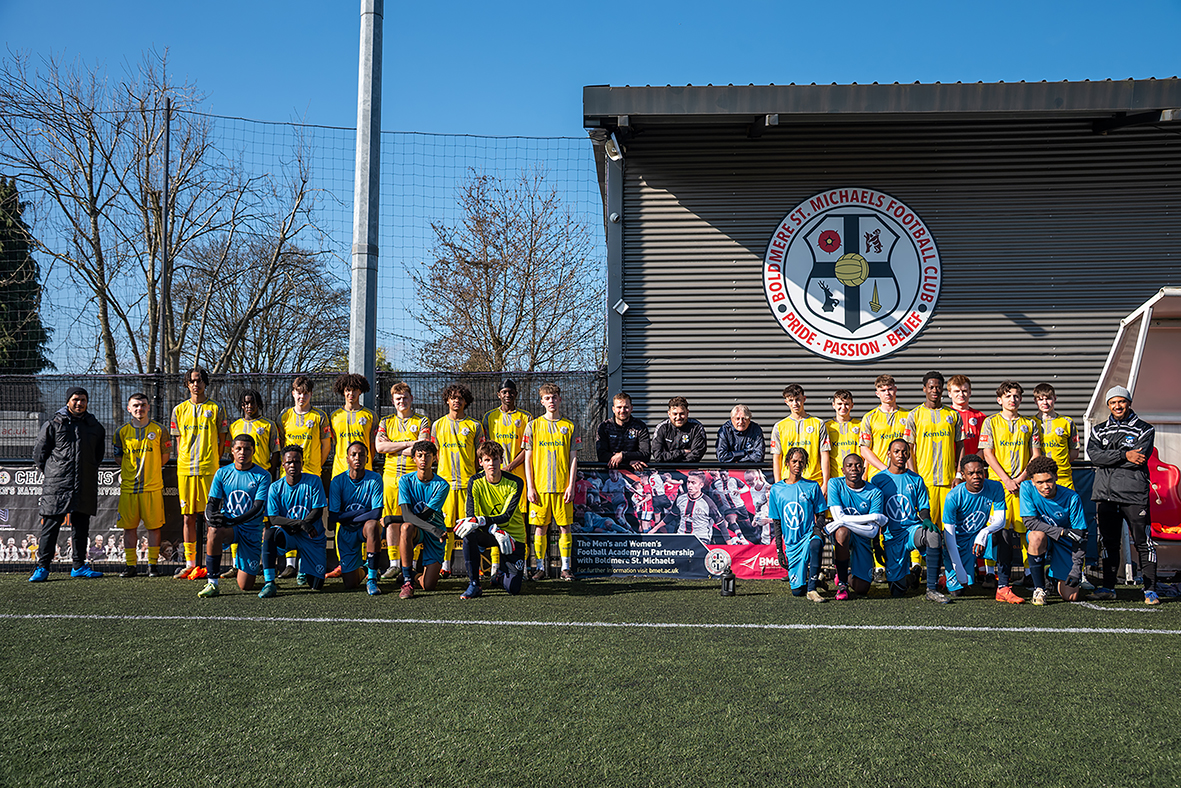

Responses